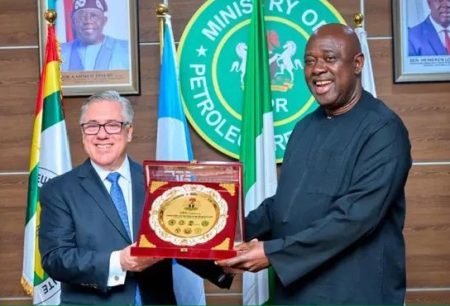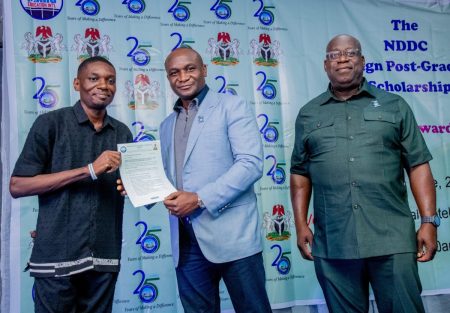10 March 2015, Lagos – The cost of acquiring pre-paid electricity meters by consumers in the country has risen due to the fall in the value of the naira following the currency’s recent devaluation by the Central Bank of Nigeria.
 A single-phase meter, according to findings by our correspondent, can now be obtained for N39,375, while the three-phase meter now goes for N60,909.
A single-phase meter, according to findings by our correspondent, can now be obtained for N39,375, while the three-phase meter now goes for N60,909.
Before now, the single-phase and three-phase meters were selling for N25,000 and N50,000.
However, with the latest development, the cost of the single-phase meter has risen by 56 per cent, while that of the three-phase meter has jumped by 20 per cent.
This means that household electricity consumers, who are majorly the users of single-phase meters, will pay more for the devices in relative terms compared to the users of the three-phase meters.
Our correspondent gathered that the price increase was because most of the meters in the Nigerian electricity market were imported and that the rising exchange rate of the naira to the United States dollar was posing a huge problem to importers of the product.
For companies assembling the different components of the meters locally, the challenge is the same because foreign exchange is needed to import the components.
Confirming the current cost of the meters, the spokesperson for the Eko Electricity Distribution Company, Mr. Godwin Idemudia, said, “The single-phase smart meter is N39,375, while three-phase meter is N60,901,” adding that the company was no longer installing ordinary prepaid meters.
The spokesperson for the Ikeja Electricity Distribution Company, Mr. Pekun Adeyanju, told our correspondent in a telephone interview that the company had not commenced its metering programme yet; but was looking at starting it on or before May.
He said the company was taking its time to ensure that the meters it would introduce to customers met global standard and could stand the test of time.
He, however, urged customers to be patient with the firm.
The Managing Director/Chief Executive Officer, Powercap Limited, Mr. Biodun Ogunleye, told our correspondent in a telephone interview that because Nigeria was largely a foreign currency regulated economy, the devaluation of the naira would affect imported commodities, electricity meters inclusive.
With the realities on the ground, he said there was no way the pricing of the meters would not be altered.
Ogunleye said, “A lot of inputs have to be imported, and ultimately, those inputs will be passed onto the consumers at the cost plus margins. As a result, the costs of bringing in meters will go up; and there is nothing anybody can do about it.
“It is a priority that must be implemented because the people who are operating in the market will be interested in maximising their revenue. They will not want to encourage any form of income leakages.”
He said by this, whatever pricing the Nigerian Electricity Regulatory Commission had fixed would be revisited because it had a little choice as far as granting a review was concerned.
The Powercap boss added, “We have one or two local plants that can produce meters. The high foreign exchange may prompt the government to intervene, and thus make the business more profitable.
“But bear in mind that when it comes to meters like many other electronics, the specification and a couple of other factors between the distribution companies and the meter manufacturers must be adhered in order to drive patronage.”
He said EKEDC was looking at installing prepaid meters that could be monitored from its offices, adding that the move was targeted at ensuring that communication was enhanced between it and the meters, notwithstanding where they were installed.
A text message sent by our correspondent to the Chairman, NERC, Dr. Sam Amadi, to confirm the position of the agency on the matter was not responded to as of the time of going to press, just as a call to his mobile telephone line indicated that it was switched off.
However, the Chief Executive Officer, EKEDC, Mr. Oladele Amoda, during the company’s first quarter meeting with the media on Monday, said it was looking at investing $20m in providing meters to residential users as well as other smaller consumers of electricity.
For its key customer group, he said about $15m would be committed to meter provision, promising that over 300,000 meters would be installed by the end of the metering programme.
– Punch



